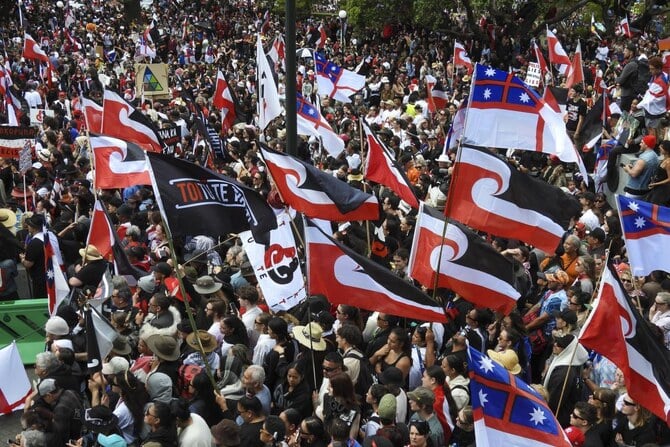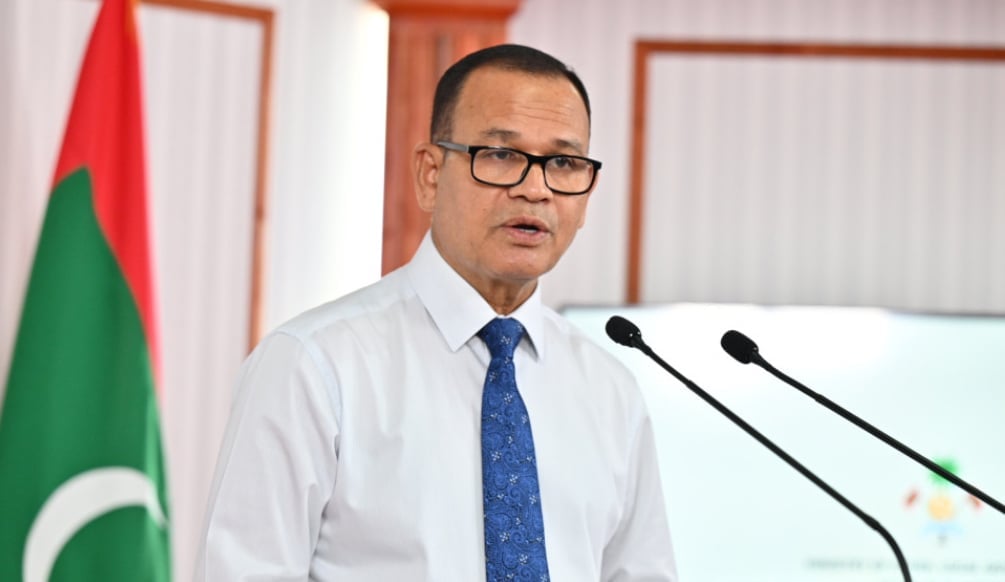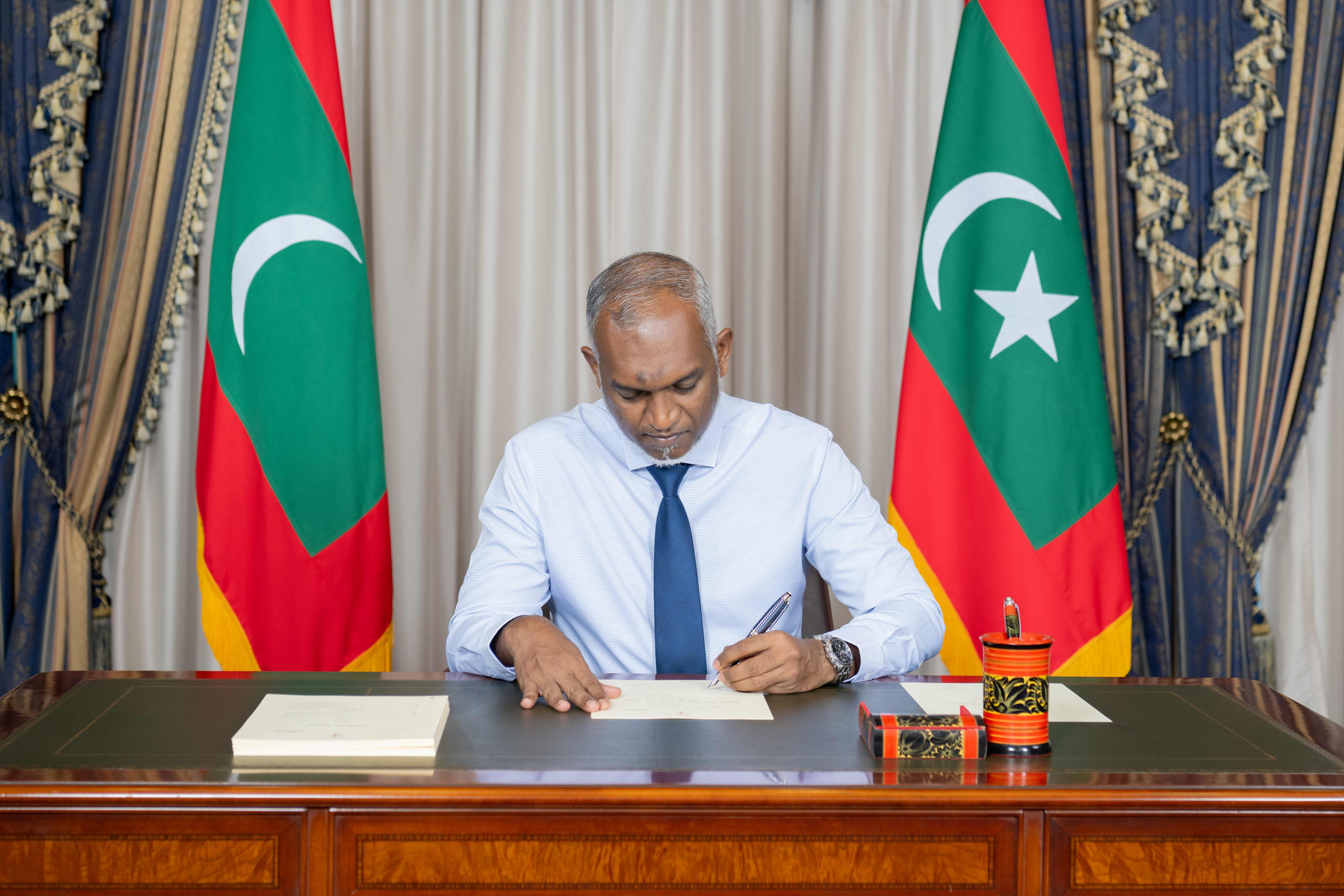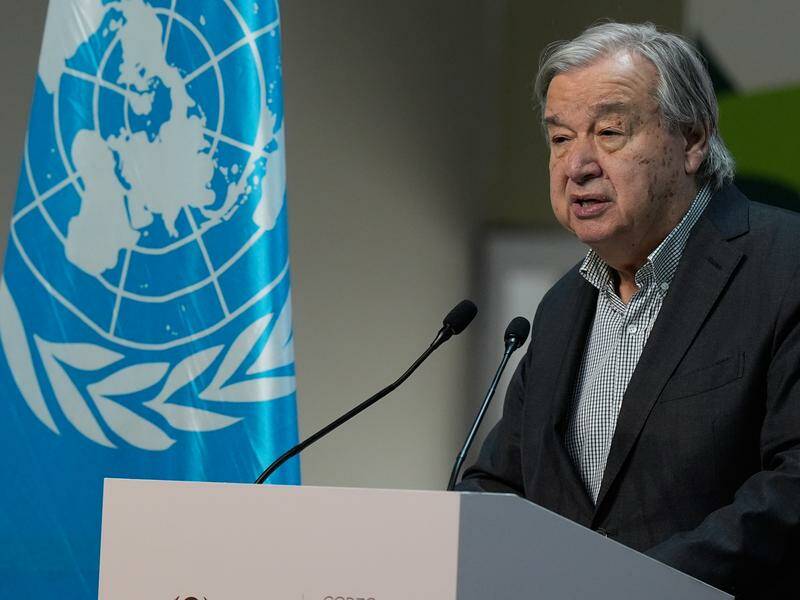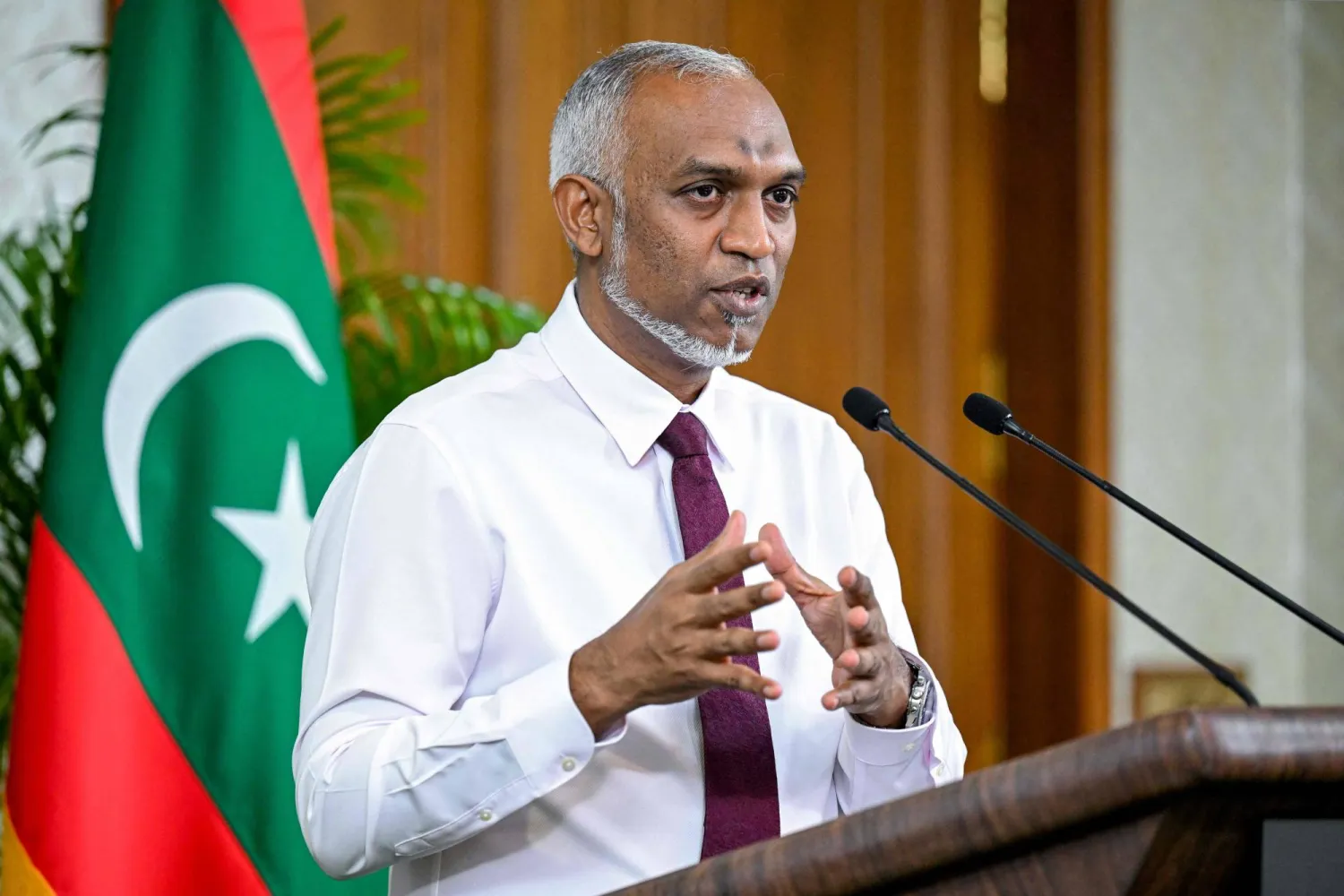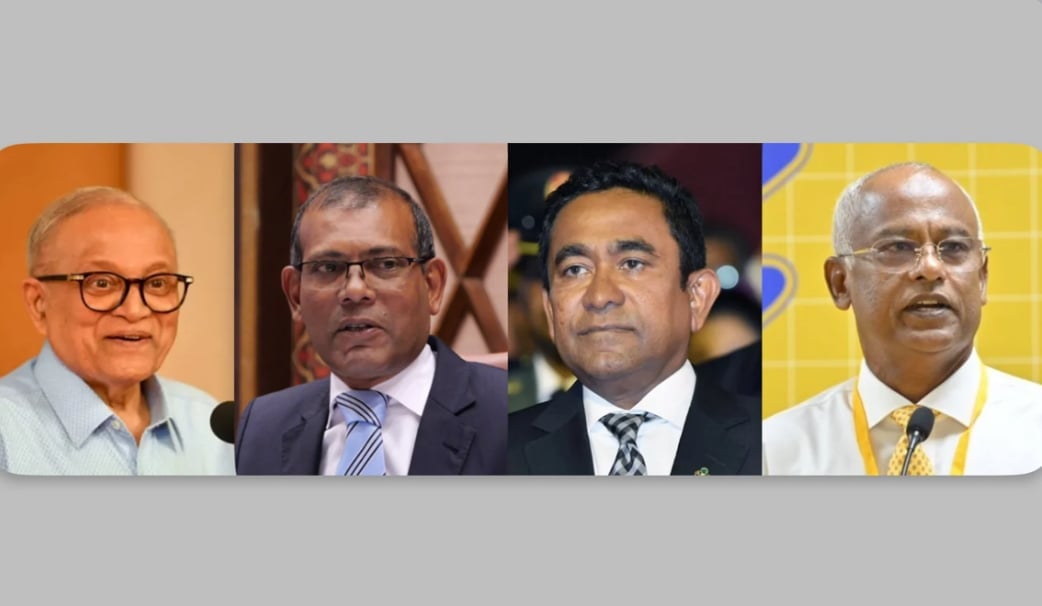Over 35,000 people gathered in Wellington to advocate for Māori rights and oppose a controversial bill that many fear undermines the Treaty of Waitangi, New Zealand’s founding document.
The protest, marked by haka chants and waiata, reflected a mix of cultural celebration and political determination, as Māori and non-Māori united in one of the largest demonstrations in the nation’s history.
The proposed bill, introduced by lawmaker David Seymour, seeks to redefine the principles of the Treaty to apply universally, arguing against what he describes as preferential treatment for Māori. Critics say the bill would dilute Māori rights, erode historical redress efforts, and intensify existing inequalities. While the bill passed its first reading, it faces significant public and political resistance.
Shanell Bob, a protestor, highlighted the generational struggle for equality, saying, “We’re here because our tūpuna (ancestors) fought for these rights. It’s for our tamariki (children) and mokopuna (grandchildren).” Support from Pākehā (New Zealand Europeans) was also evident, with many acknowledging the Treaty as a cornerstone of the country’s identity.
The protest drew a diverse crowd, including Indigenous and global solidarity groups, with flags and placards denouncing colonial injustices and calling for unity. Wellington’s mayor and local schools showed support, underscoring the movement’s broad appeal.
Speakers called on the government to honor its commitments to the Treaty and warned against divisive rhetoric. “This isn’t just about a bill,” said protestor Papa Heta. “It’s about respect, acknowledgment, and the future of our country.” The event’s turnout highlighted a growing awareness of Māori rights and strengthened calls for justice and equity.
The protest, marked by haka chants and waiata, reflected a mix of cultural celebration and political determination, as Māori and non-Māori united in one of the largest demonstrations in the nation’s history.
The proposed bill, introduced by lawmaker David Seymour, seeks to redefine the principles of the Treaty to apply universally, arguing against what he describes as preferential treatment for Māori. Critics say the bill would dilute Māori rights, erode historical redress efforts, and intensify existing inequalities. While the bill passed its first reading, it faces significant public and political resistance.
Shanell Bob, a protestor, highlighted the generational struggle for equality, saying, “We’re here because our tūpuna (ancestors) fought for these rights. It’s for our tamariki (children) and mokopuna (grandchildren).” Support from Pākehā (New Zealand Europeans) was also evident, with many acknowledging the Treaty as a cornerstone of the country’s identity.
The protest drew a diverse crowd, including Indigenous and global solidarity groups, with flags and placards denouncing colonial injustices and calling for unity. Wellington’s mayor and local schools showed support, underscoring the movement’s broad appeal.
Speakers called on the government to honor its commitments to the Treaty and warned against divisive rhetoric. “This isn’t just about a bill,” said protestor Papa Heta. “It’s about respect, acknowledgment, and the future of our country.” The event’s turnout highlighted a growing awareness of Māori rights and strengthened calls for justice and equity.





